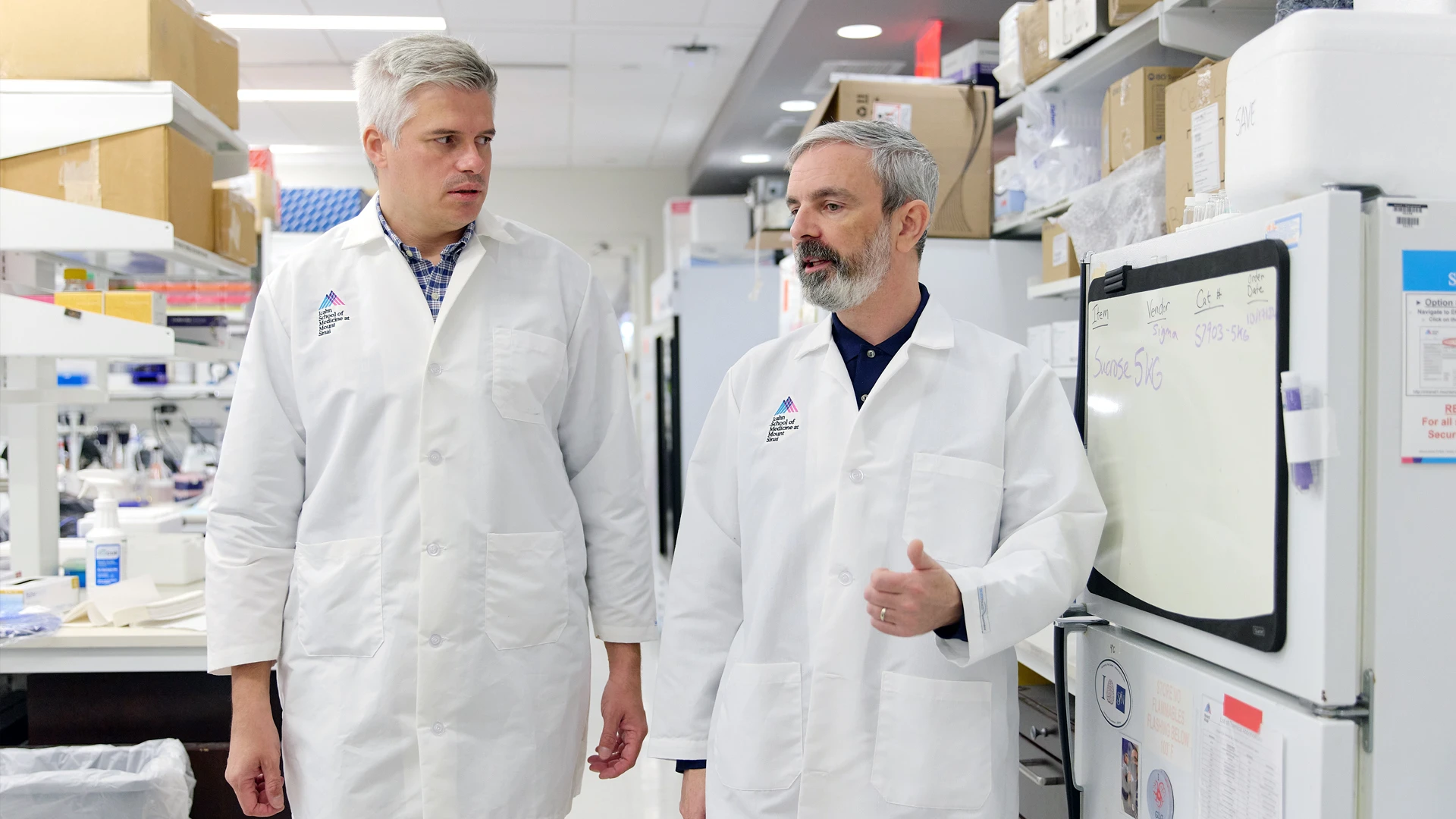Advancements in Psychiatry: Exploring the Future of Mental Health Treatments

The field of psychiatry is undergoing an extraordinary evolution, fueled by cutting-edge research and groundbreaking technological advancements that promise to reshape mental health care in profound ways. One of the most exciting areas is neurotechnology, where innovations like transcranial magnetic stimulation (TMS), deep brain stimulation (DBS), and neurofeedback are offering new, non-invasive ways to modulate brain activity and treat conditions like depression, OCD, and PTSD. These techniques provide targeted interventions with fewer side effects compared to traditional medications. Meanwhile, psychopharmacology is rapidly advancing with the development of novel compounds, including psychedelic-assisted therapies using psilocybin and MDMA, which show immense potential in treating resistant forms of depression, anxiety, and trauma. In parallel, digital psychiatry is gaining momentum through the integration of mobile health apps, wearable devices, telepsychiatry platforms, and artificial intelligence (AI) that enable continuous symptom tracking, remote monitoring, and more accessible care for underserved populations. Precision psychiatry, driven by genetic profiling and biomarker research, is also emerging, promising personalized treatment plans based on individual biological and genetic profiles. Furthermore, there is growing interest in gut-brain axis research, exploring how gut microbiome imbalances may contribute to psychiatric symptoms, potentially opening the door to innovative probiotic and dietary interventions. As psychiatry moves toward more holistic, patient-centered care, these advancements offer hope for more accurate diagnoses, faster recovery times, and treatments tailored to the unique needs of each individual. The future of psychiatry holds the promise of transforming not just how we treat mental illness, but how we understand the complex interplay of biology, behavior, and environment in shaping mental health.
1. Neurotechnology: Transforming Treatment through Brain Stimulation

Deep Brain Stimulation (DBS)
Transcranial Magnetic Stimulation (TMS)
2. Precision Medicine: Personalizing Psychiatric Treatments

Genomic Psychiatry
Biomarker Discovery
The discovery and validation of biomarkers represent one of the most promising frontiers in the future of psychiatric care. Unlike traditional psychiatric diagnoses, which largely rely on subjective assessments of behavior, mood, and self-reported symptoms, biomarker-based psychiatry offers the potential for objective, biological measures that can support earlier detection, accurate diagnosis, and more personalized treatment plans. In many ways, this could revolutionize mental health care by bringing it closer in line with other medical specialties that routinely use biomarkers, such as cardiology or oncology. Researchers are now exploring a wide range of potential biomarkers across various biological systems, including the central nervous system, immune system, endocrine pathways, and genetic profiles. For example, elevated inflammatory markers such as C-reactive protein (CRP) and interleukin-6 (IL-6) have been linked to certain forms of depression, suggesting that a subset of patients may experience mood disorders driven by chronic low-grade inflammation. Identifying these inflammatory signatures could eventually guide clinicians toward anti-inflammatory treatment strategies specifically tailored for these patients, rather than relying solely on conventional antidepressants. In schizophrenia research, dopaminergic dysregulation markers, alterations in neurotransmitter metabolites, and specific protein signatures in cerebrospinal fluid (CSF) are being studied as potential early indicators of disease onset or progression. Biomarkers like these could lead to earlier intervention strategies—potentially even before full-blown psychotic symptoms develop—offering the possibility of delaying or minimizing the disorder's impact. Similarly, in bipolar disorder, scientists are investigating circadian rhythm disruptions and mitochondrial dysfunction as measurable biological indicators that may one day support diagnosis and individualized care. Beyond diagnostic utility, biomarkers hold promise for monitoring treatment response and predicting relapse. For instance, measuring shifts in inflammatory markers, neurotrophic factors like brain-derived neurotrophic factor (BDNF), or specific hormonal changes could help clinicians determine whether a patient is likely to respond to a particular medication or therapy within weeks rather than months. This could significantly reduce the frustrating cycle of prolonged trial-and-error treatments that many psychiatric patients endure. Biomarkers also have the potential to guide treatment stratification. Patients with similar clinical presentations may actually have very different underlying biological mechanisms driving their symptoms. Biomarker-driven approaches could help classify patients into more biologically meaningful subgroups, allowing for treatments that are specifically tailored to their unique pathophysiology rather than applying broad, one-size-fits-all interventions. Looking ahead, the integration of biomarker testing into routine psychiatric practice could fundamentally shift how we understand and approach mental health disorders. Psychiatric nurse practitioners and other providers who stay informed about emerging biomarker research will be at the forefront of delivering truly precision-based psychiatric care. However, it’s essential to note that while early findings are promising, most biomarkers for psychiatric conditions are still in the research phase and require further validation before they can be widely adopted in clinical settings. Ultimately, the advancement of biomarker science represents a hopeful step toward a future where psychiatric diagnoses and treatments are guided not just by symptoms, but by clear, measurable biological indicators—transforming the way mental health care is delivered and experienced.
3. Psychedelic-Assisted Therapy: A Resurgence of Interest
4. Digital Psychiatry and Telehealth: Embracing Technology in Mental Health
5. Artificial Intelligence (AI) and Machine Learning: Enhancing Diagnostics and Treatment

AI in Diagnostics
Conclusion




